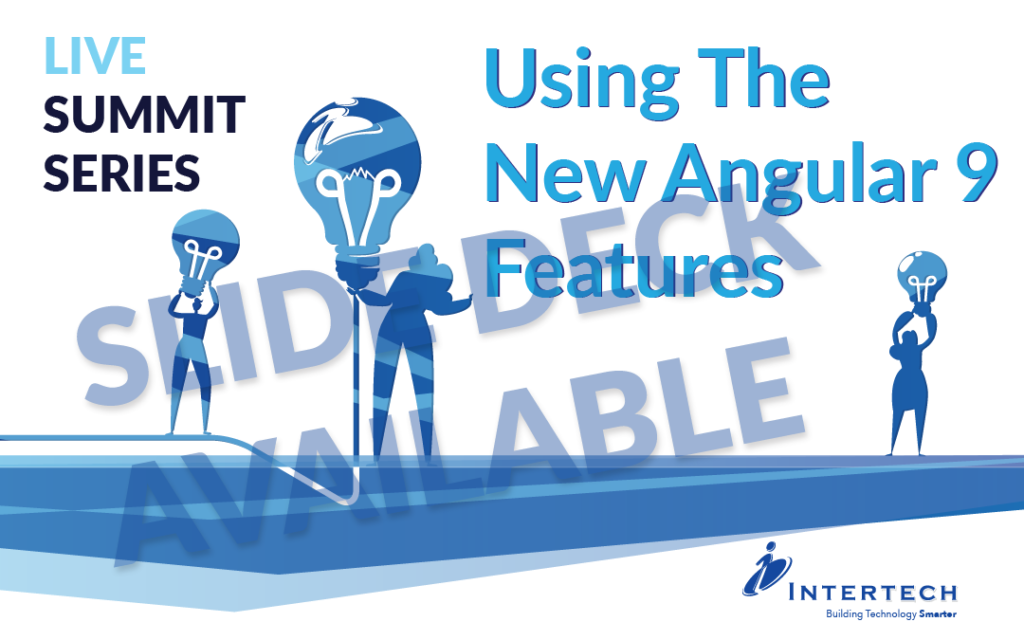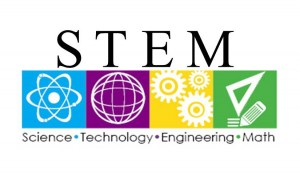Free Learning from Intertech’s Technical Education Division

Times are changing and at Intertech, we’re helping our customers stay on top of the latest developments. Last week, we held our first live online Summit Series presentation. Designed with the goal to keep you engaged and on the leading edge, our new Summit Series presentations are just one of the ways we are working to support our customers in every way possible.
First Up, Using The New Angular 9 Features Was A Success And Well Attended!
First up on the Summit Series topic deck: How To Use The New Angular 9 Features. Angular 9 includes many new additional tools to help create applications more efficiently with a smaller memory footprint. Whether you are creating a new Angular application or update an existing one, this presentation highlighted many of the new features that should not be overlooked
We kicked off the presentation by talking about Angular versioning and the best practices for updating an Angular website. Then we looked at what Ivy is and why it is so important to Angular. We also discovered the new testing tools and new ways to manage service instances for better reusability and lifetime control. Also covered were the improved in-browser debugging tools. The updates to CSS-bind with Angular 9 were shown with new support for i18n international standards. We wrapped up with a brief look a couple of new Angular controls for hosting YouTube and Google Maps content.
Missed It? We’ve Got You Covered
Missed the presentation? Don’t worry, we’ve got you covered. Download the slide deck from our presentation for a recap of the live online event. Questions? Reach out to us! We’re here to take the worry out of software development.Download Slide Deck
About Intertech
Founded in 1991, Intertech delivers software development consulting and IT training to Fortune 500, Government, and Leading Technology institutions. Learn more about us. Whether you are a developer interested in working for a company that invests in its employees or a company looking to partner with a team of technology leaders who provide solutions, mentor staff, and add true business value, we’d like to meet you.

